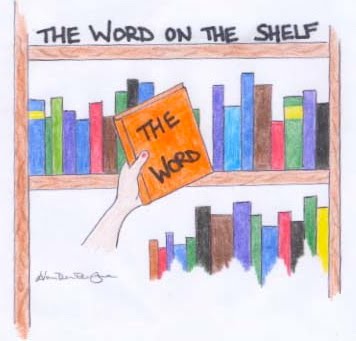This is an argument where I can see both sides from which most people come. I can see why there are parents who are concerned about their children accessing inappropriate material. However, is this really the librarians' responsibility? Shouldn't internet safety be taught at home, and monitoring be the responsibility of the parent or guardian. On the other side, I can see why there are those that feel as though restrictions go against a person's rights. That all the restrictions cause teachers to not be able to utilize the best educational benefits of the internet. However, there are too many people that have misused this freedom, causing the need to evaluate whether filters are needed.
That is my opinion on the matter and there are many others that have voiced how they feel about this matter.
Recently I read an article by Mary Ann Bell, where she puts forth the idea that internet filters, banning access to certain sites, are actually limiting children's education. She does a really good job of giving and supporting her reasoning behind her beliefs.
The first point that Bell makes, goes a bit with the opinion that I stated earlier. She talks about the fact that having less filters allows for students to be taught the difference between good and bad sites. If students are not being taught this at home, at least they can be taught it somewhere. And when we are talking about good or bad sites, this isn't refering to the authority of the site. Bell mentions that filters don't block sites that are not authoritive, so this still needs to be taught. Therefore, internet education should encompass many topics.
Not only does Bell give reasoning of why filters are to restrictive, but she gives to great suggestions of what can be done. I agree with the idea that it is important for the educators to be educated in safe and smart internet use. It is just as important for them to practice what they preach as it is for them to teach their students. Bell's other suggestion is that of making sure that there are several trustworthy people with in the district that can over ride the filters. The examples see gives in the article, such as checking on students with a suicidal thought, really make you think about the importance of some being able to access the whole internet.
I think that Bell made many valuable points to consider. This will most likely always be a bit of a touchy subject; difficult to make everyone happy. My final thought is that there needs to be procedures set for the district that are followed when such issues arise. It is hard to be prepared for all the possible options, however, it will be even more difficult to solve issues once they have gotten out of hand.
.jpg)
